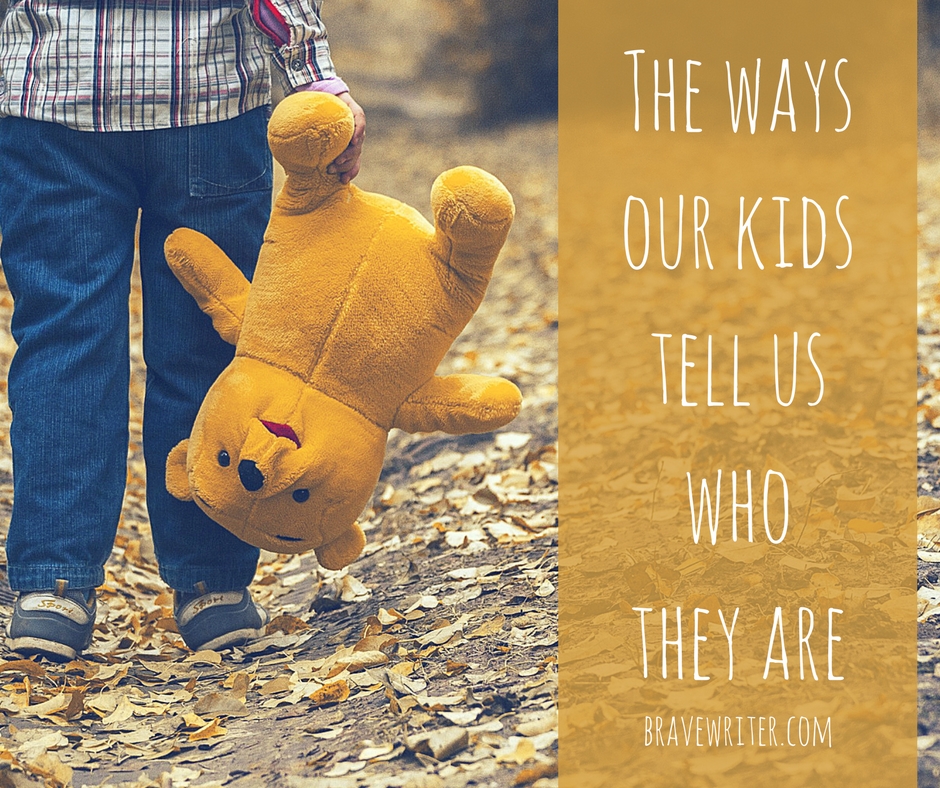As I comment on essay topics in the Brave Writer Classroom, I’m struck by context. It’s easy to get sidetracked into “advice-giving” rather than “essay-writing.” There’s a difference between explaining why you, the reader, should exercise, versus explaining the role of exercise in improved health. Many of our kids are used to lectures, sermons, and mini-lessons designed to urge them to be better people. They internalize this voice and then they mimic it in their essays. But that kind of writing is *not* appropriate for essay writing. Essays are the dispassionate explication of information and how various strands of detail correlate to prove a thesis—a risky proposition, an assertion.
If your student writes about what the reader should do, or directs any comments at the second person, “you,” know that that student has shifted from essay writing to sermon giving. Even without the “you,” if implicit in the writing is a list of “smart practices” or “good ideas,” know that your student is not writing an essay.
We had a question on Facebook:
Any specific tips for redirecting them to essay writing?
My answer:
Yes. Ask them to change the voice of the essay: Move from “you” to third person. Focus on content, not on practice. For instance, in the example of exercise:
Don’t write—
People should work out three to five times per week to get their hearts to beat faster. You won’t be as vulnerable to heart disease if you do cardiovascular exercise on a regular basis.
Write—
Regular cardiovascular exercise has been shown to prevent heart disease. People who work out three to five times per week reduce their chances of heart disease by X%.
See the difference in tone? Feel it? That’s what you’re going for.

























